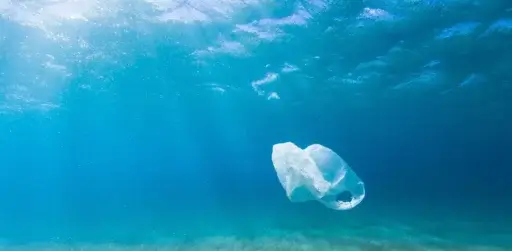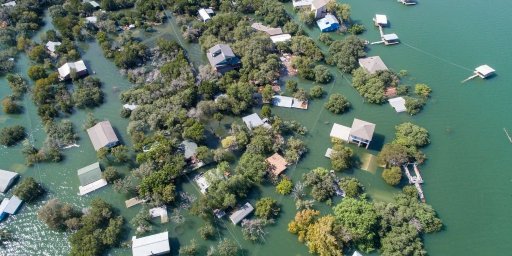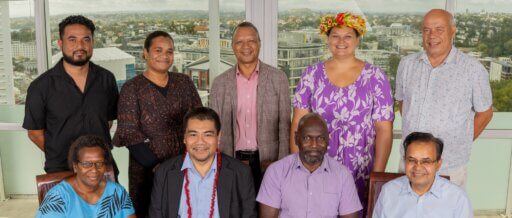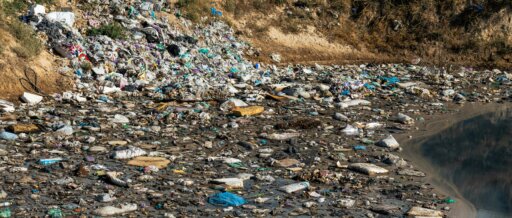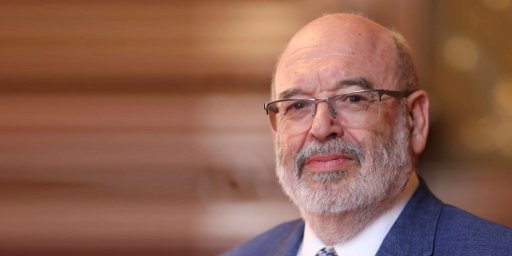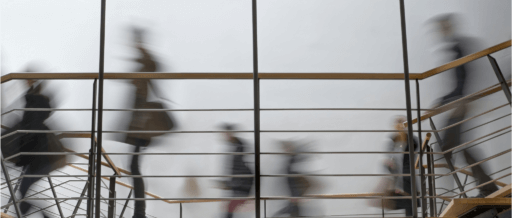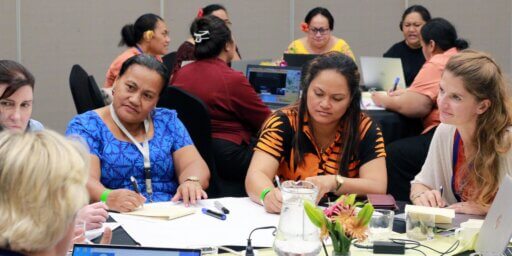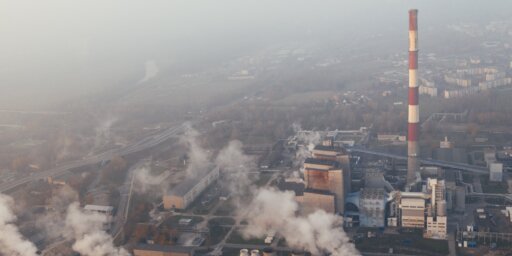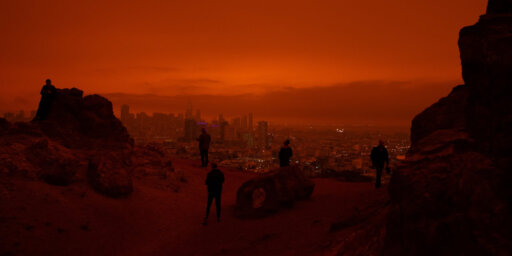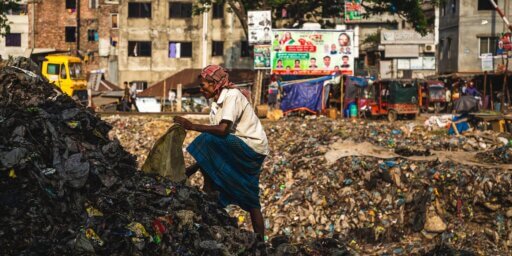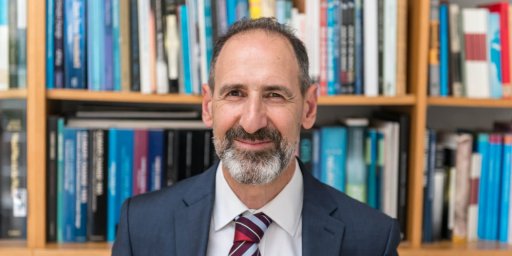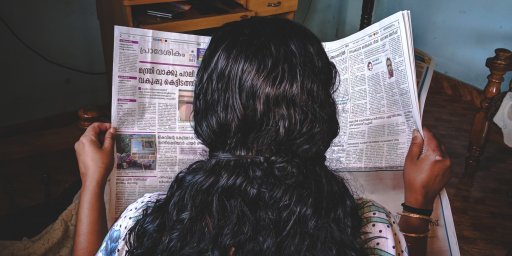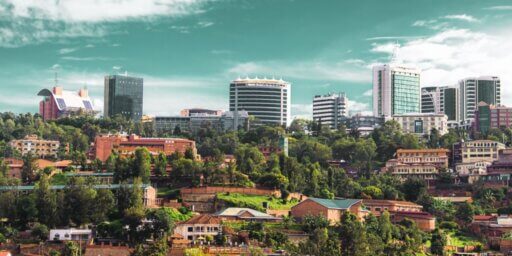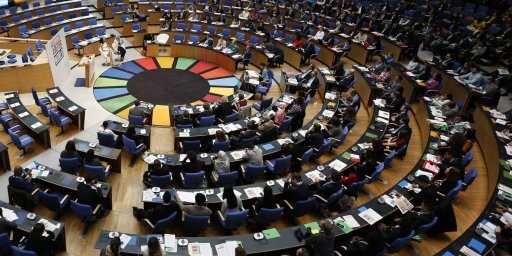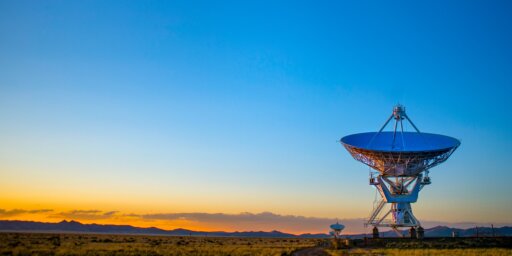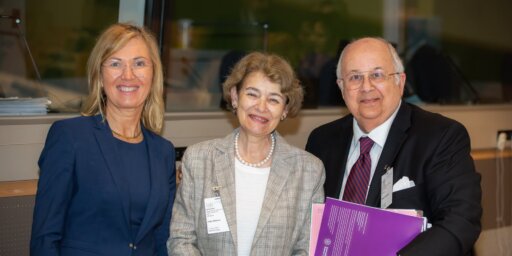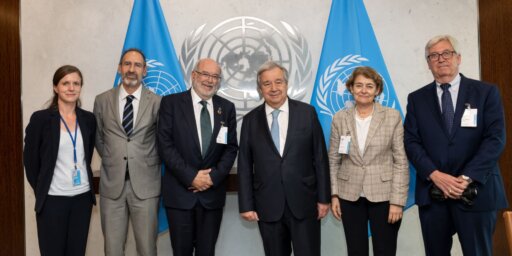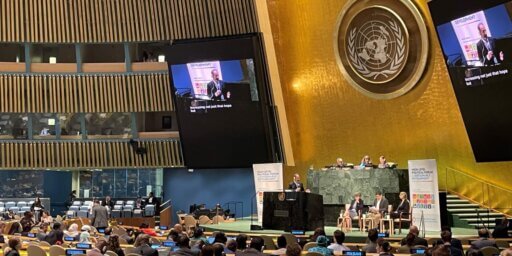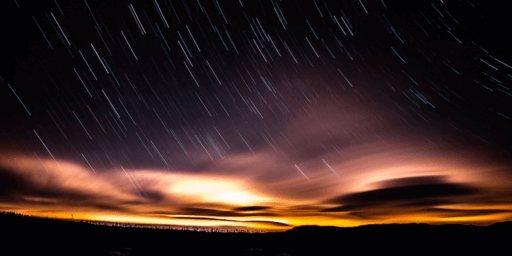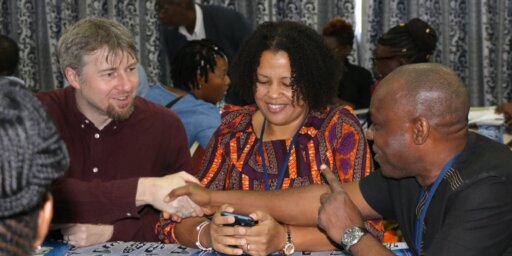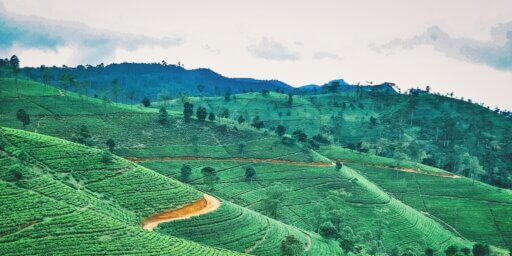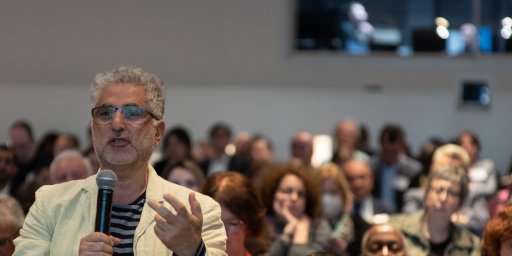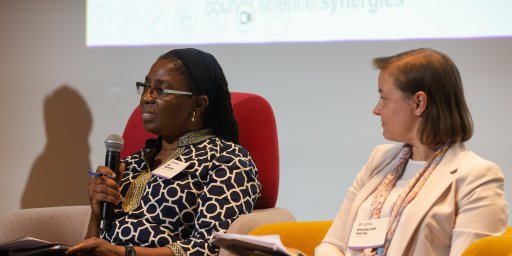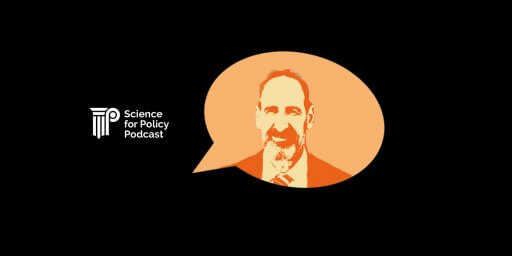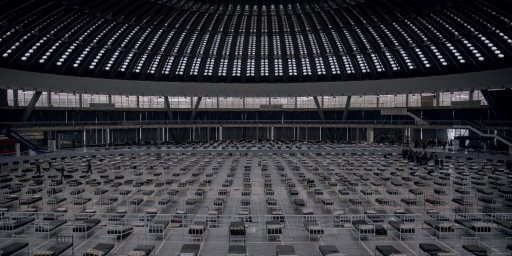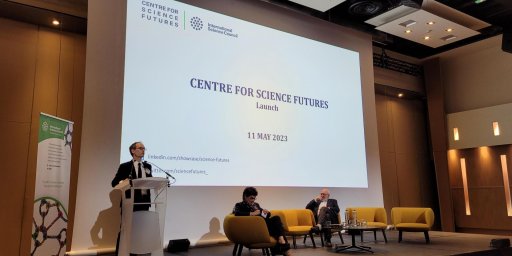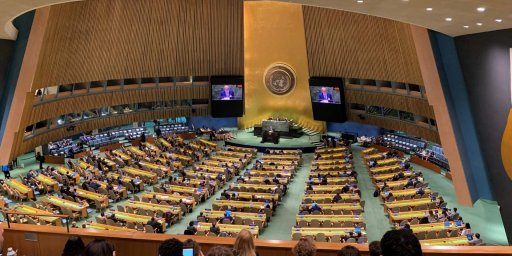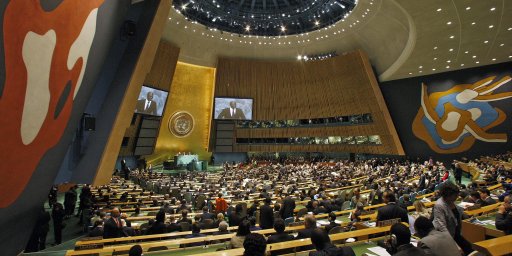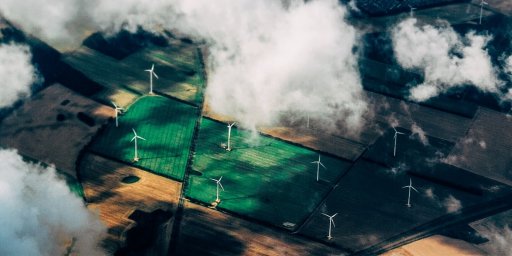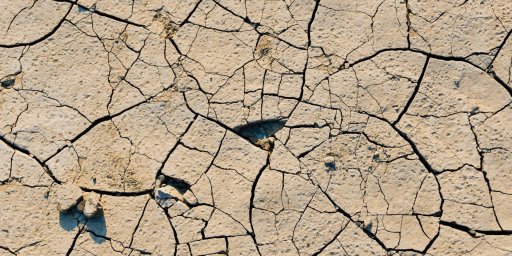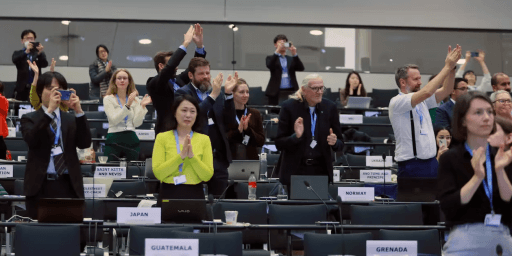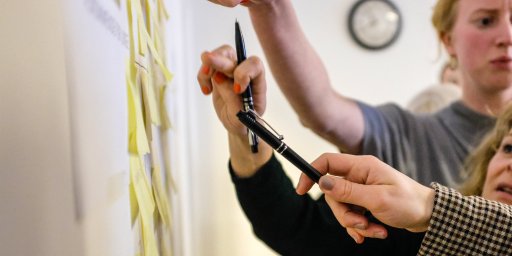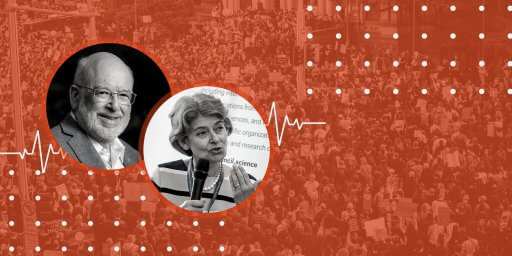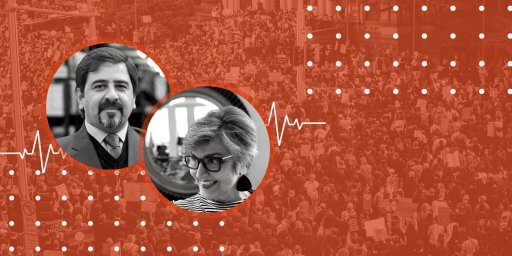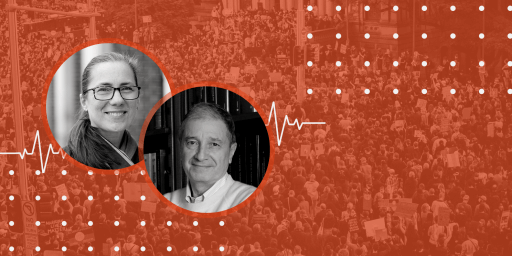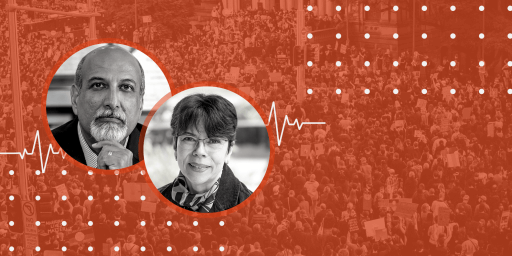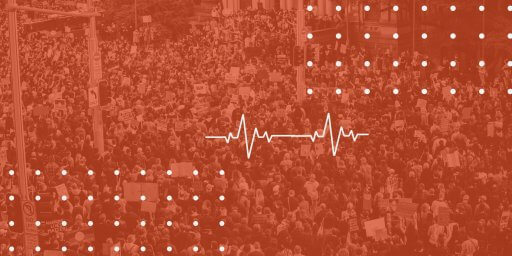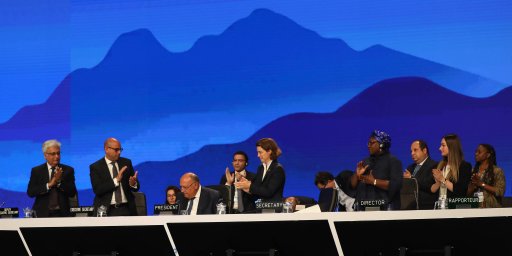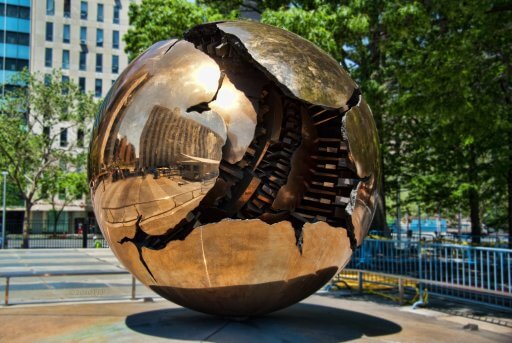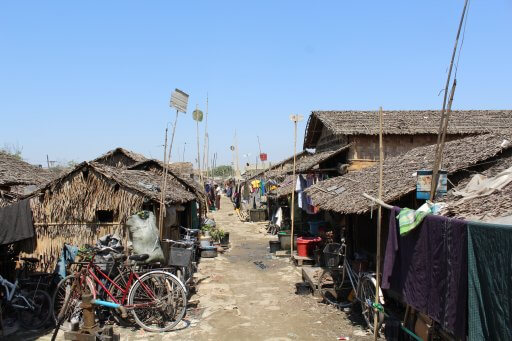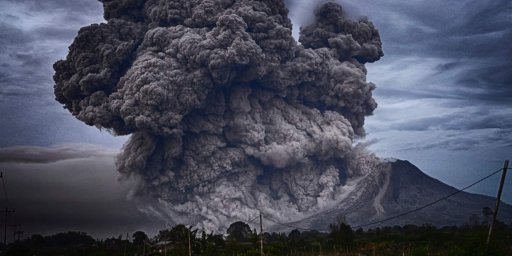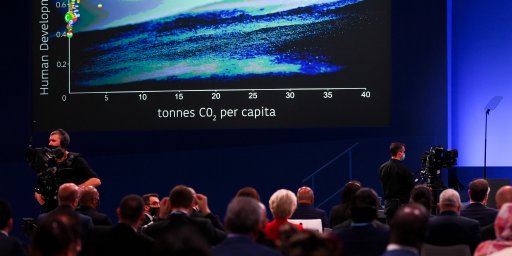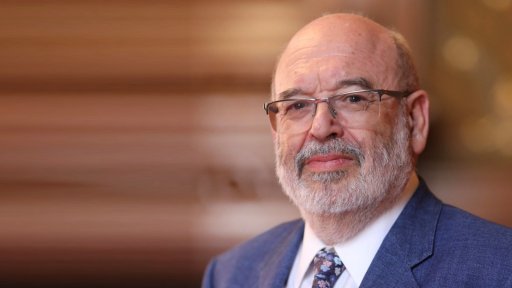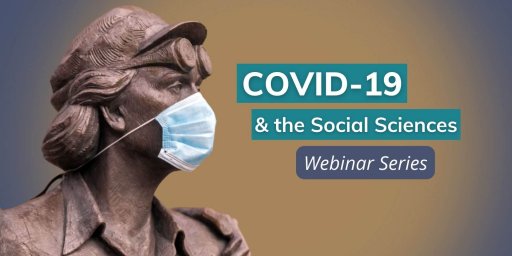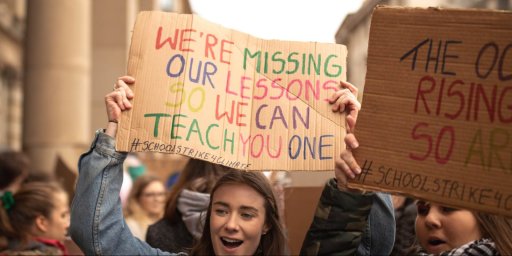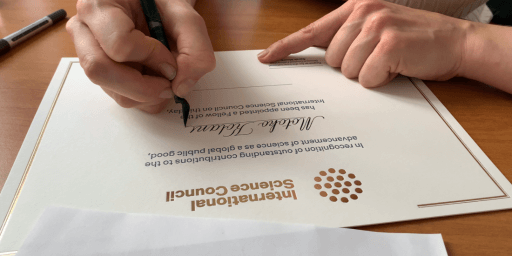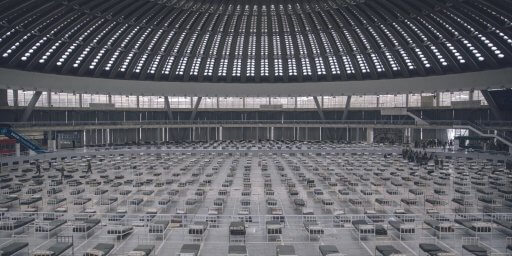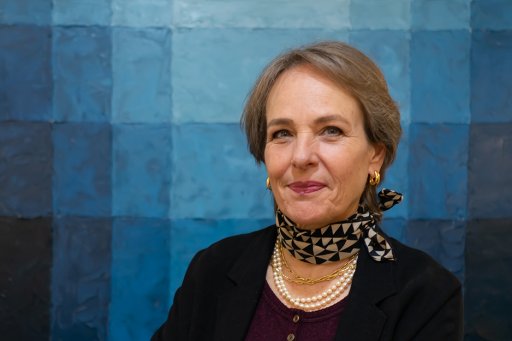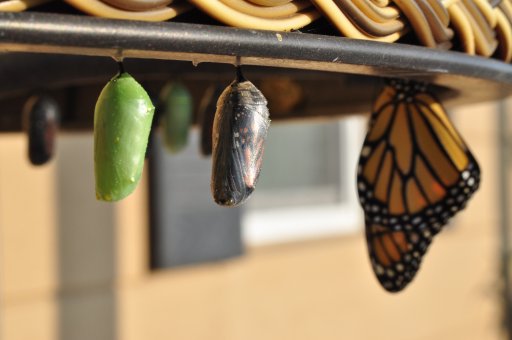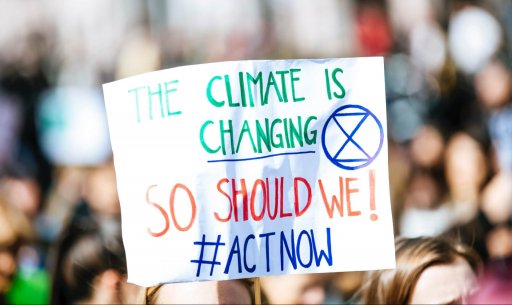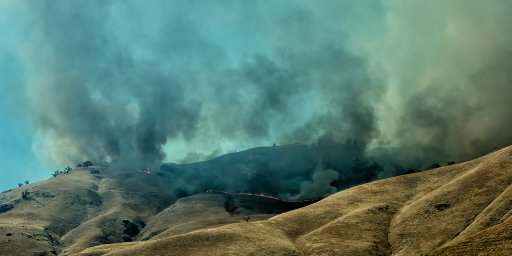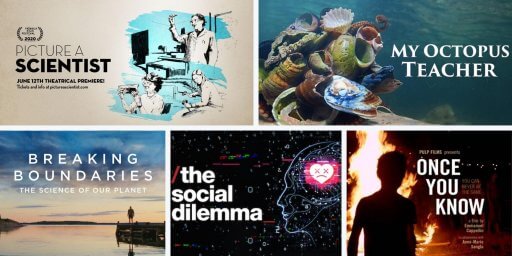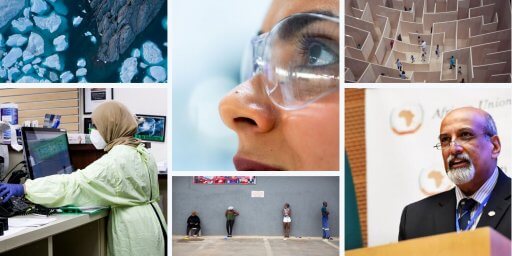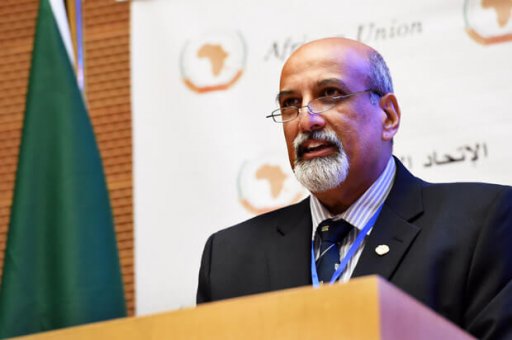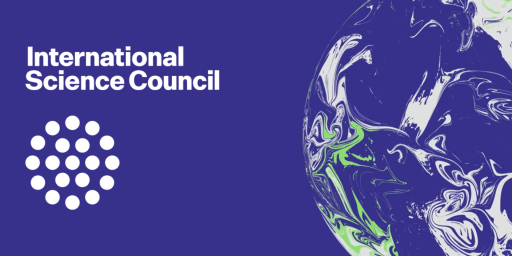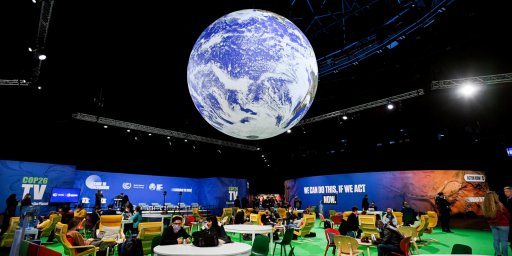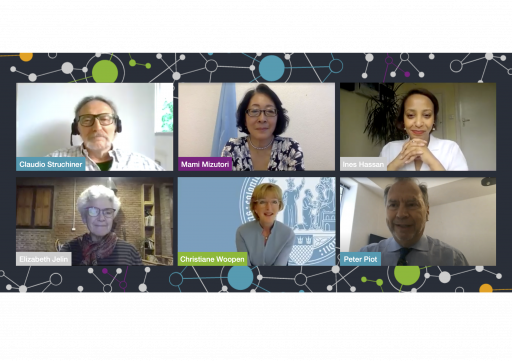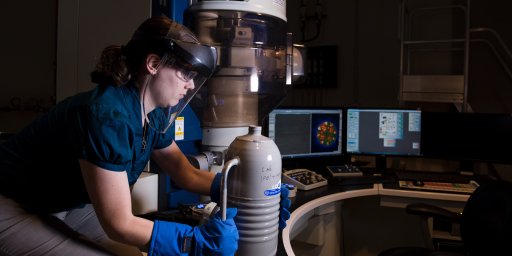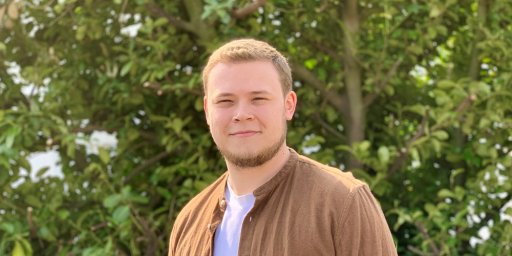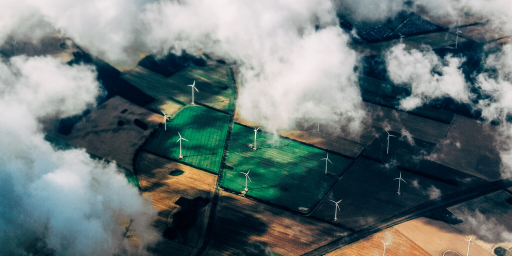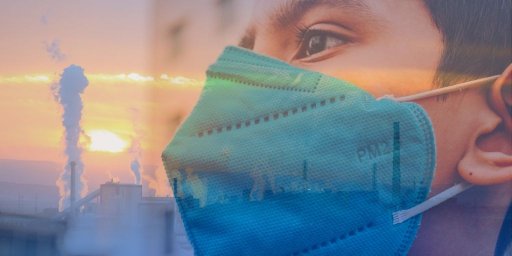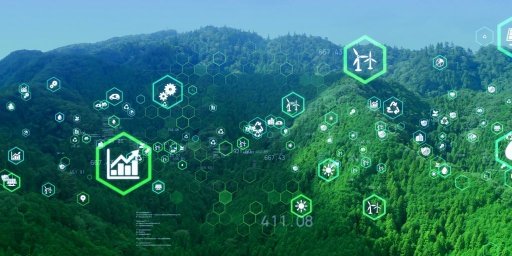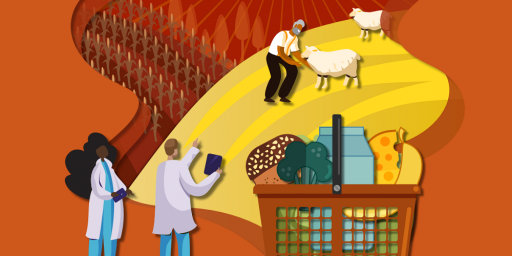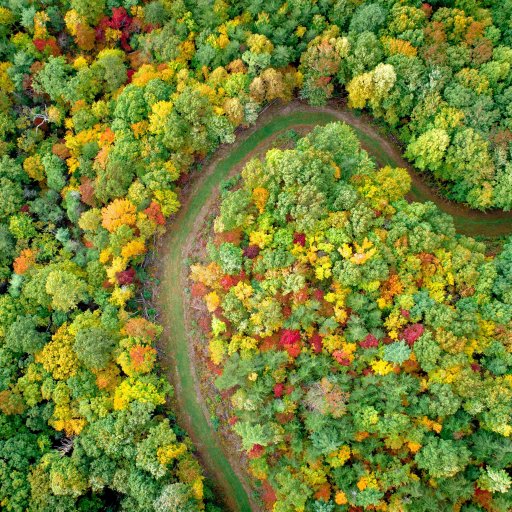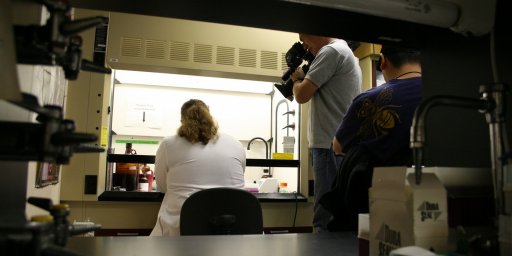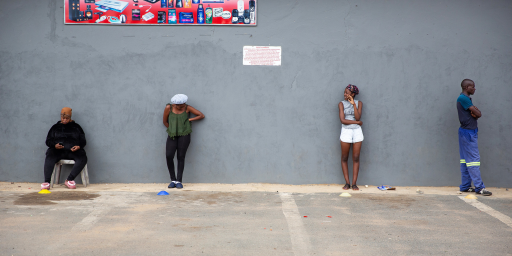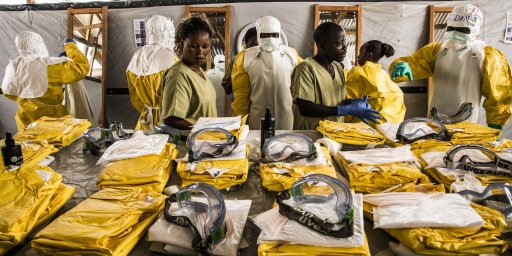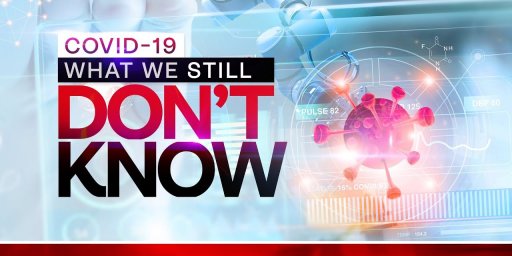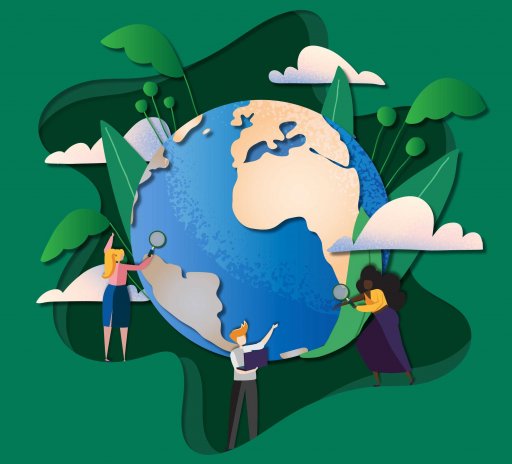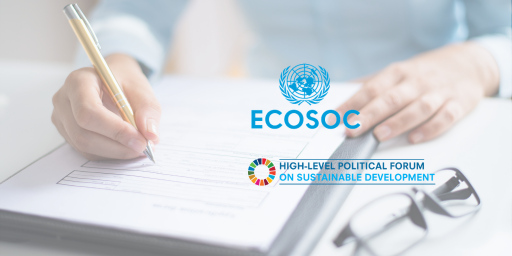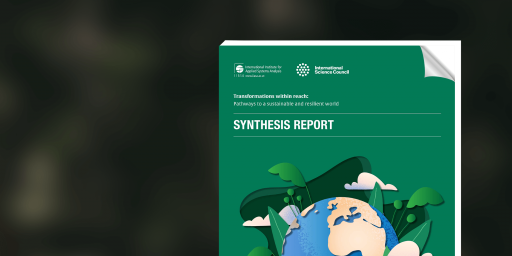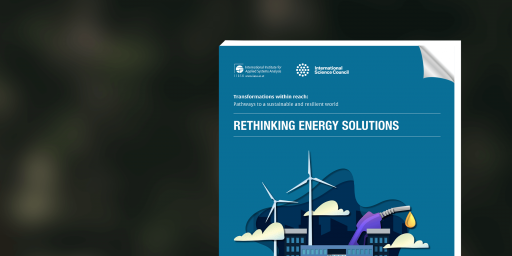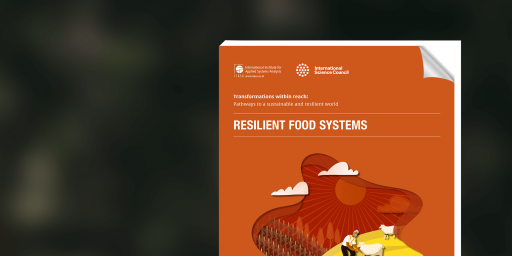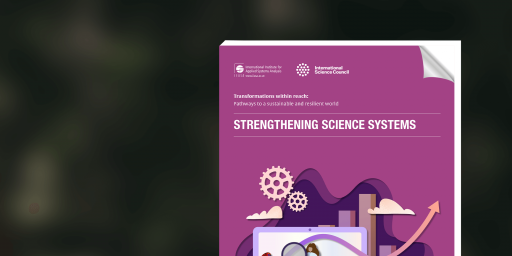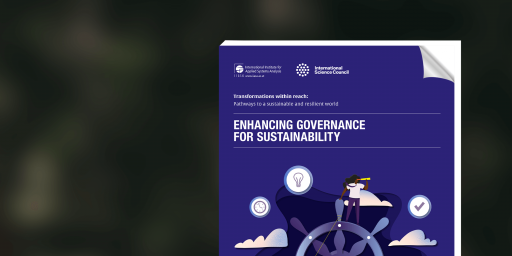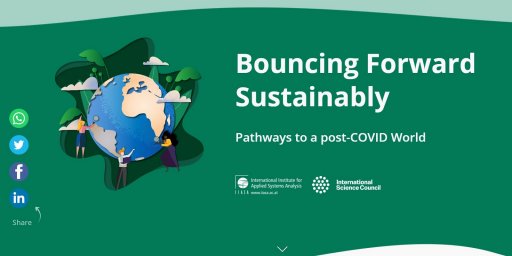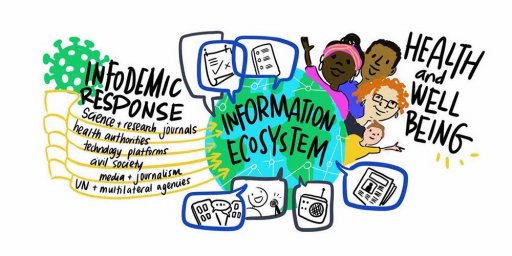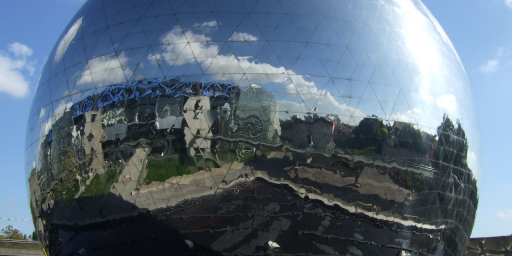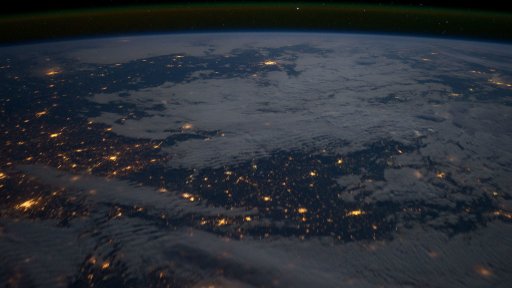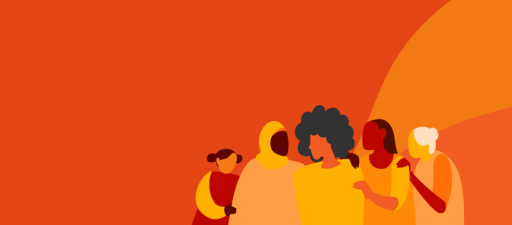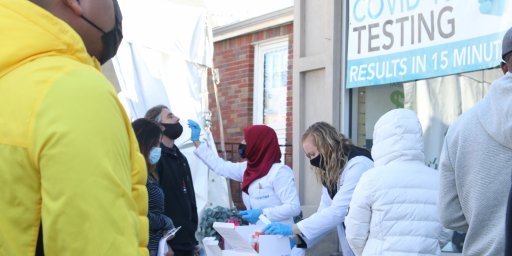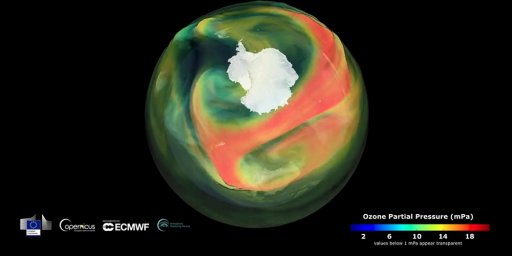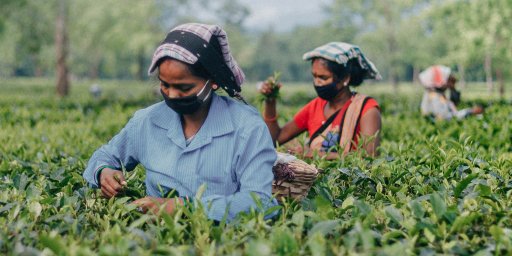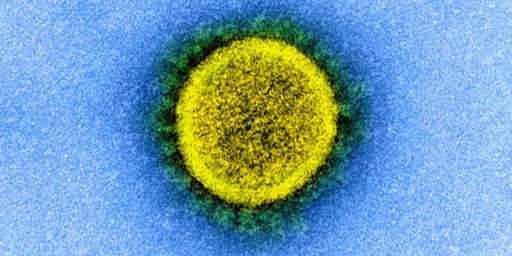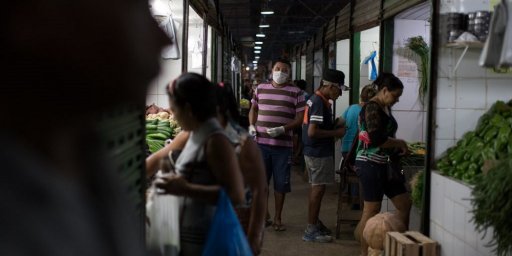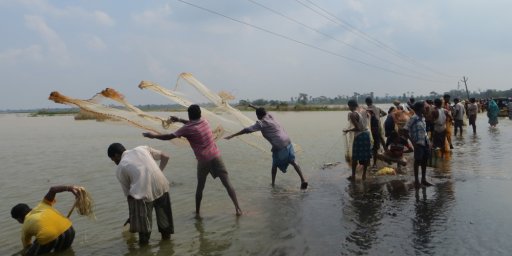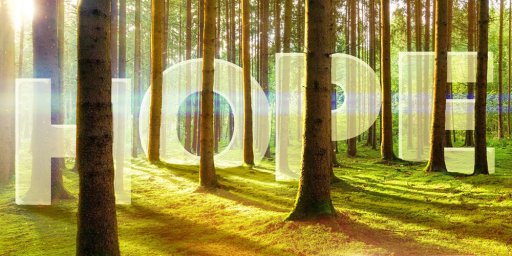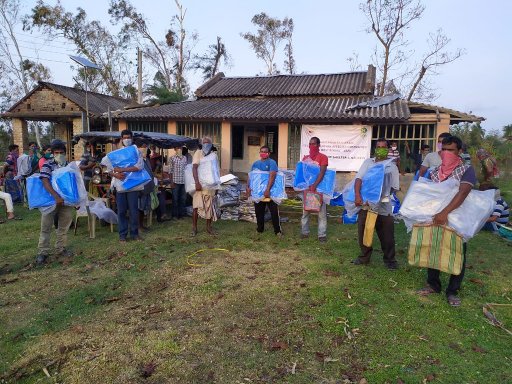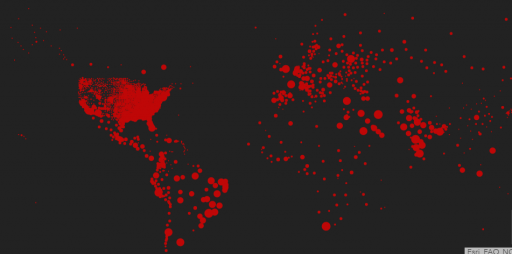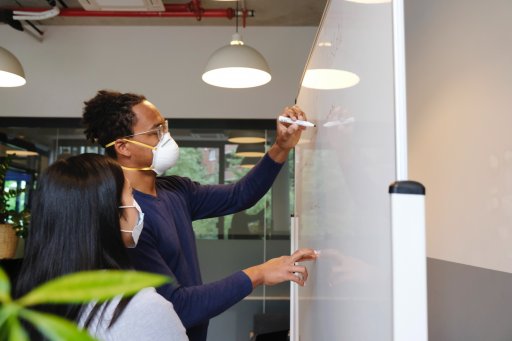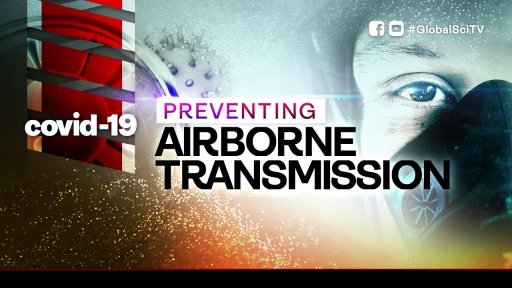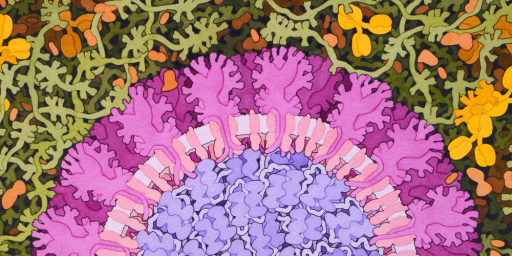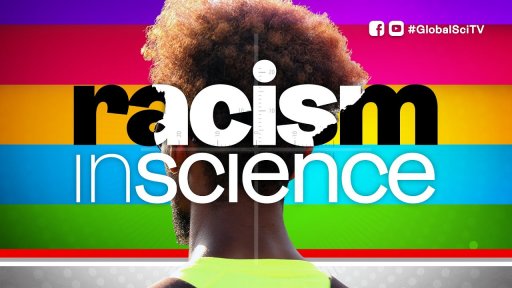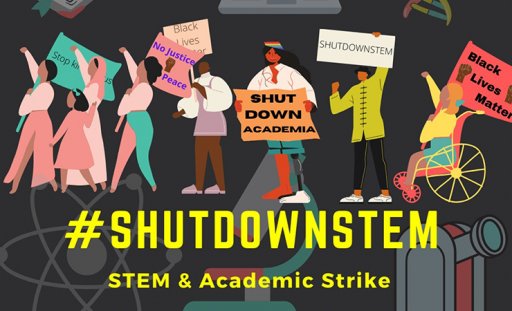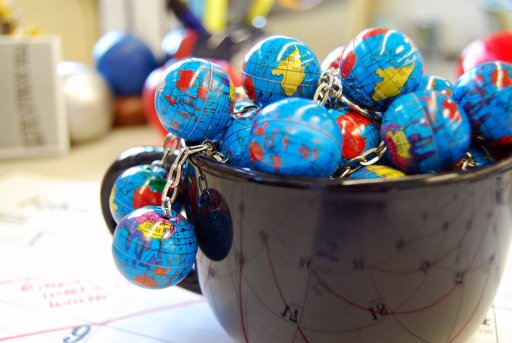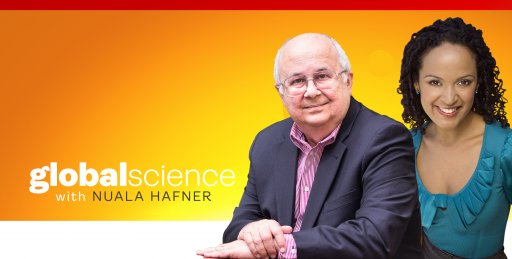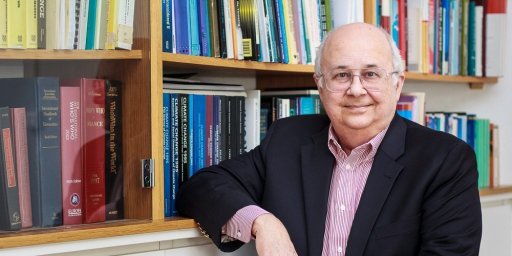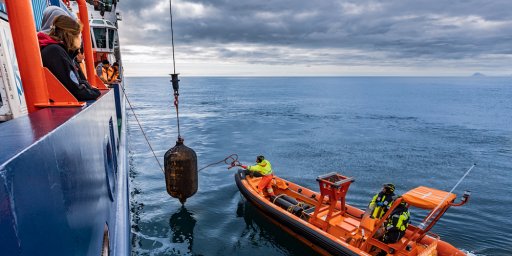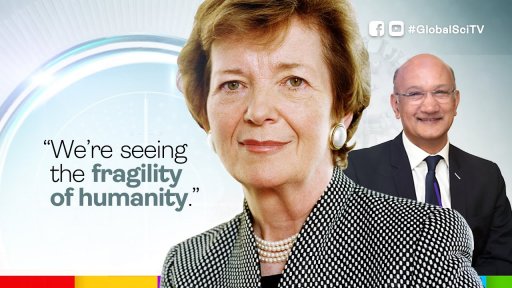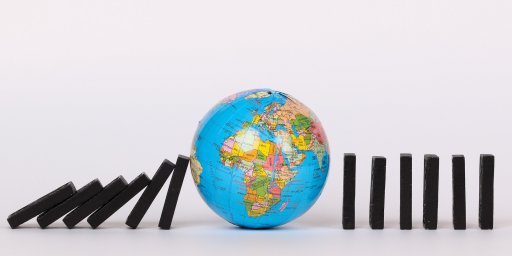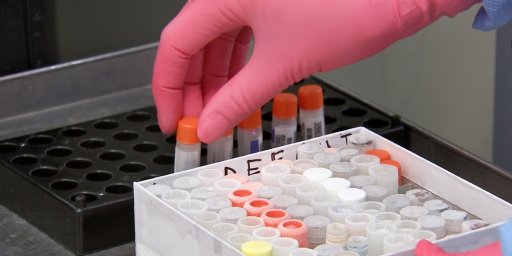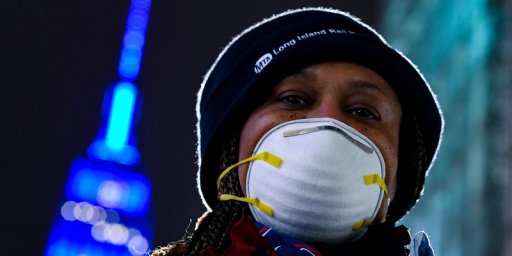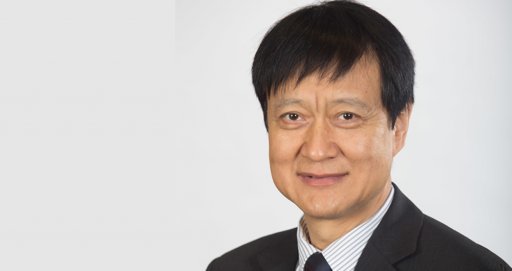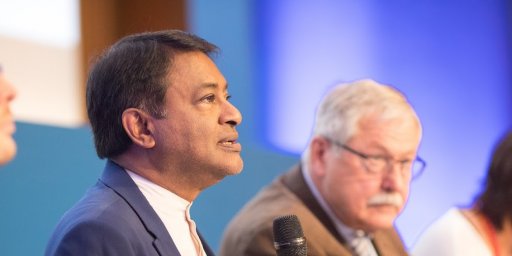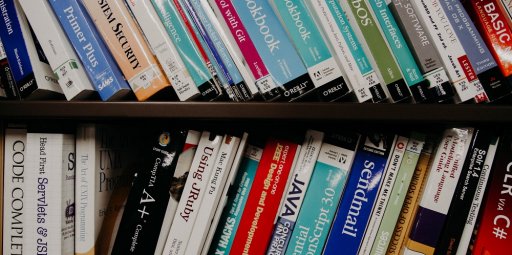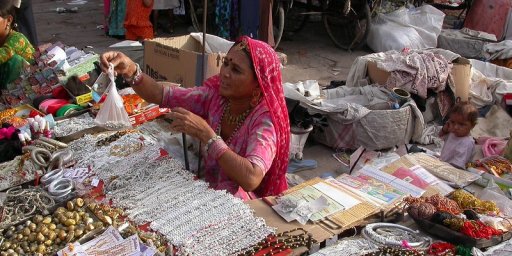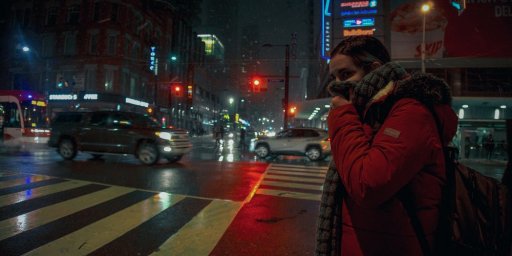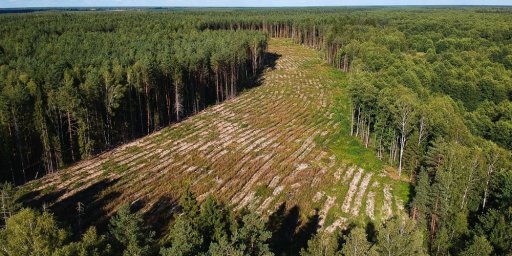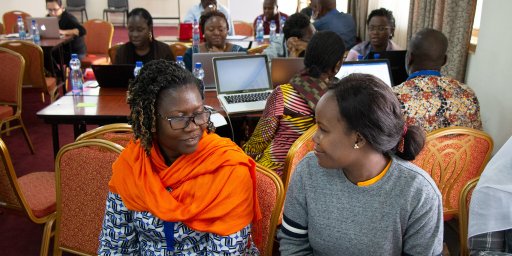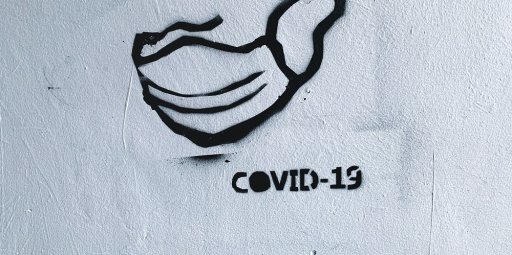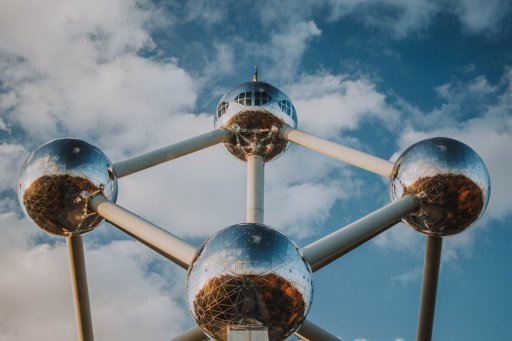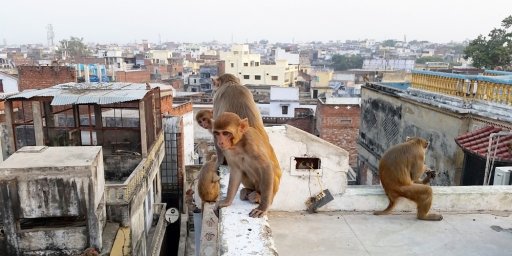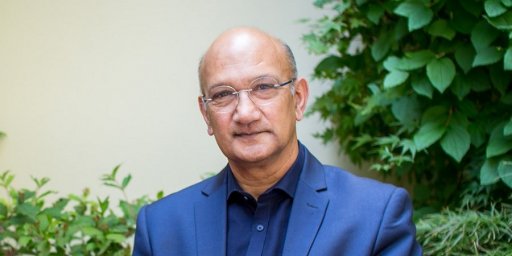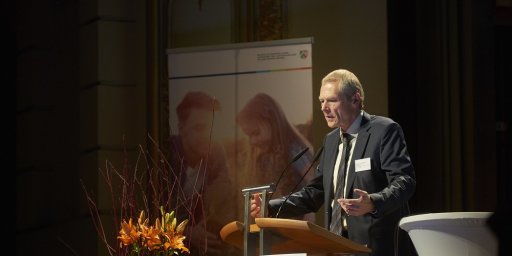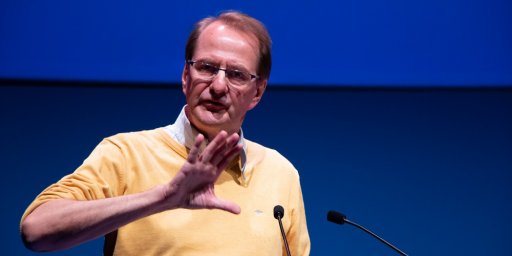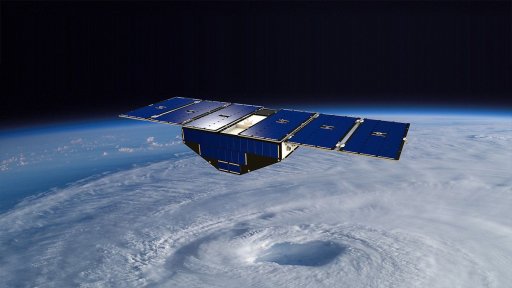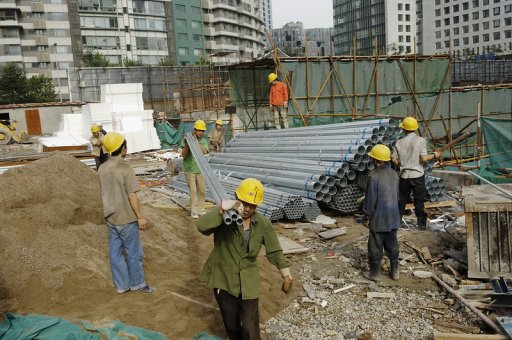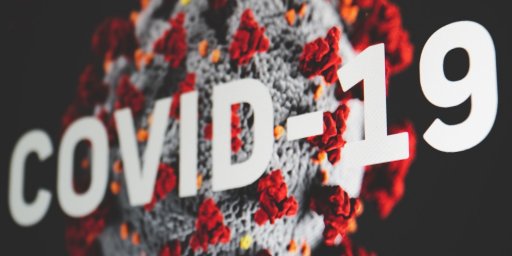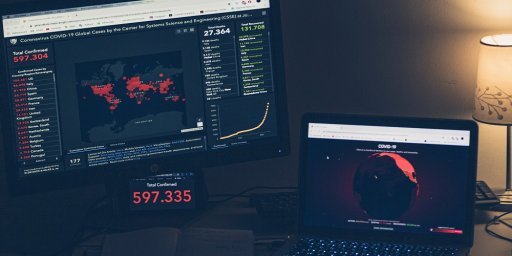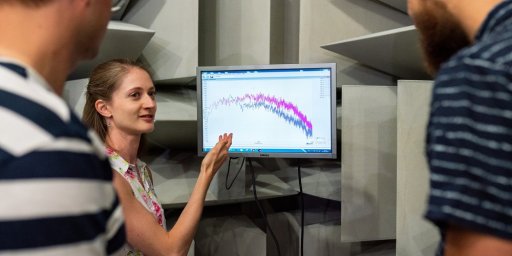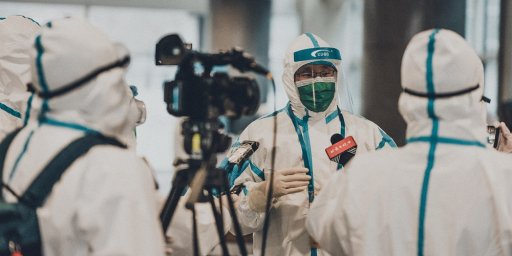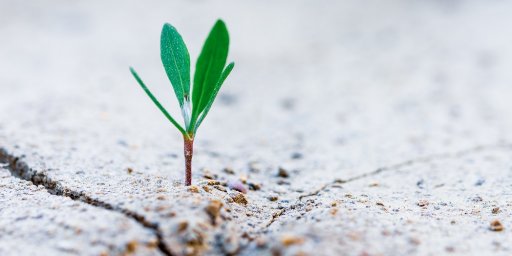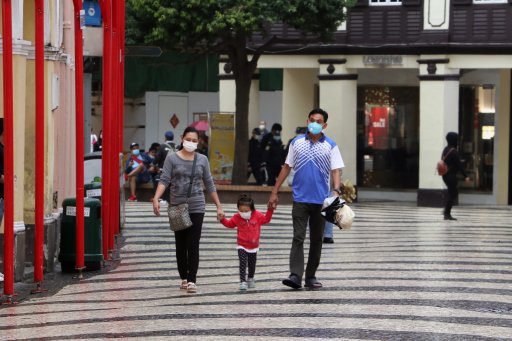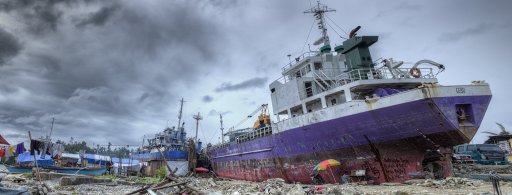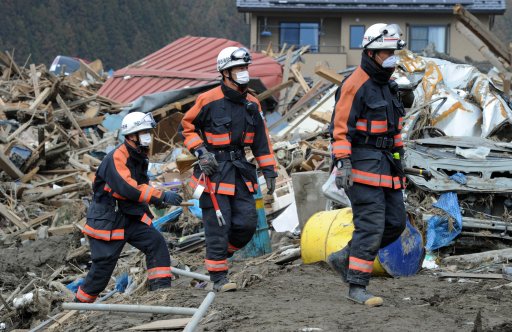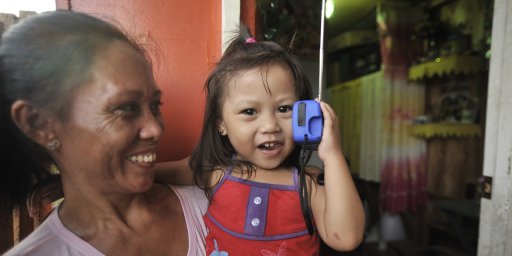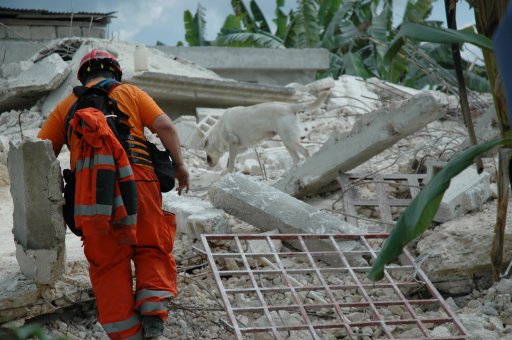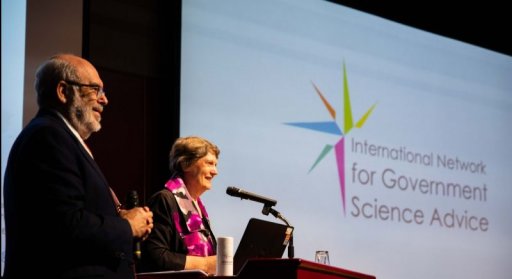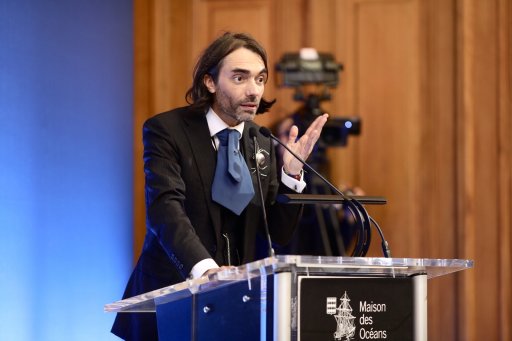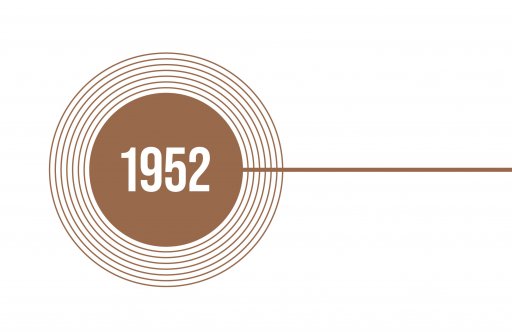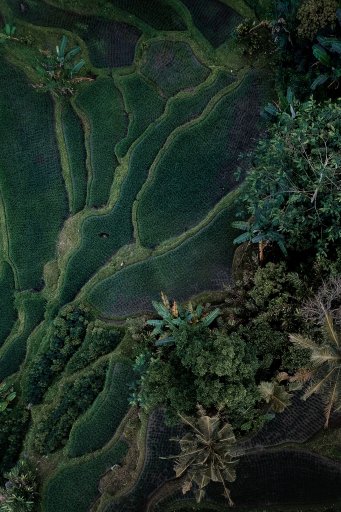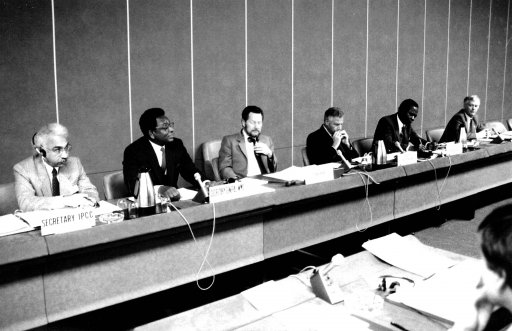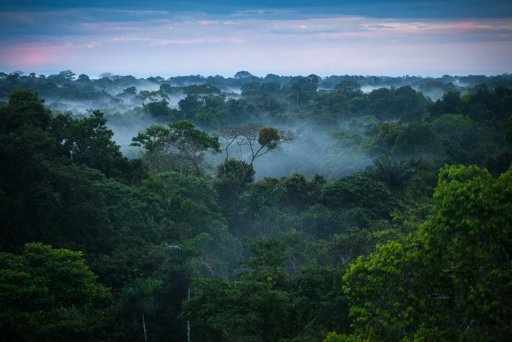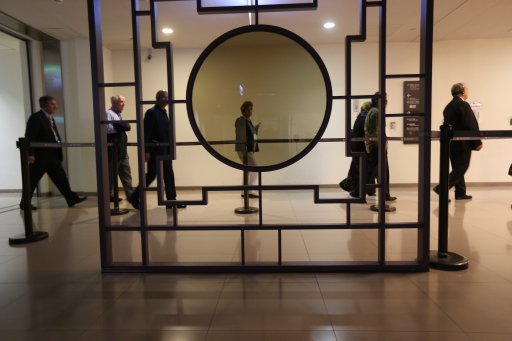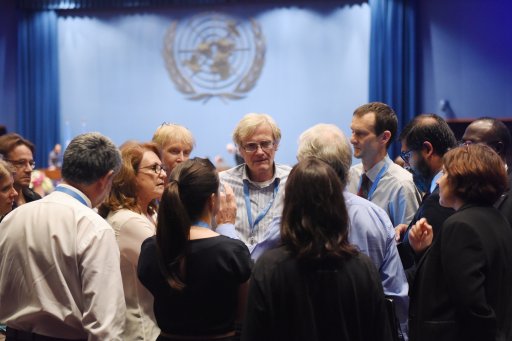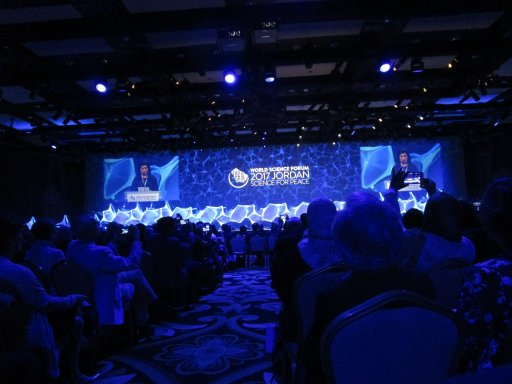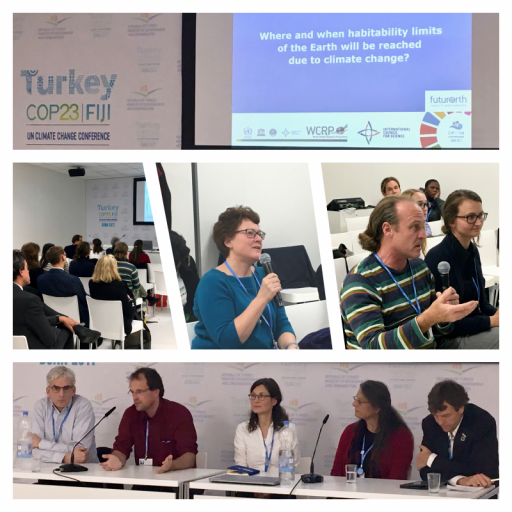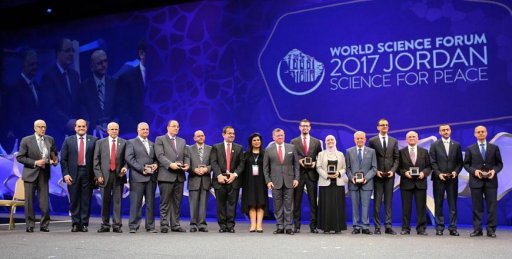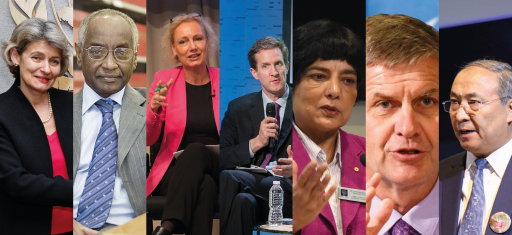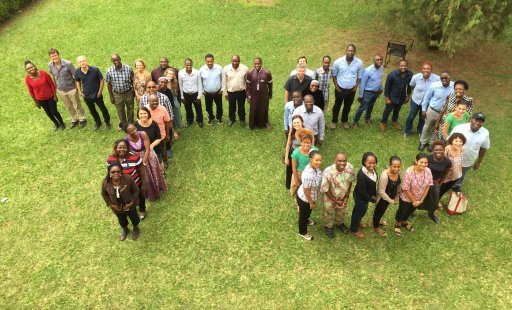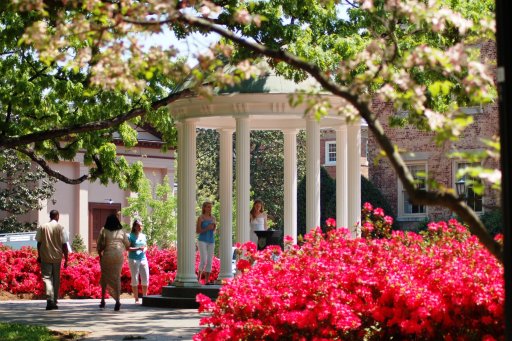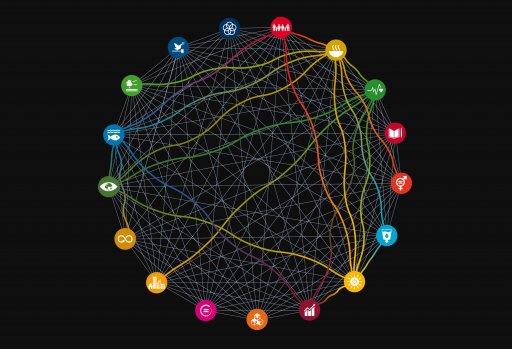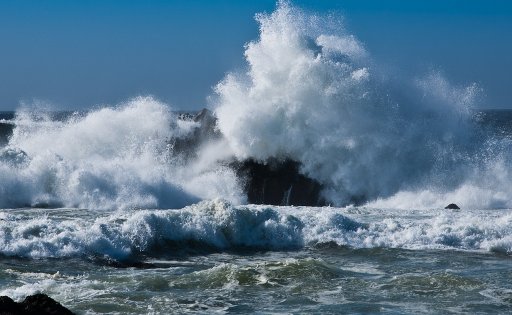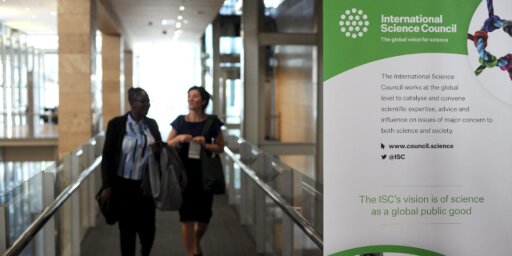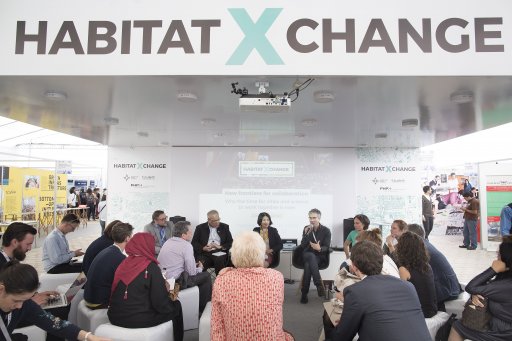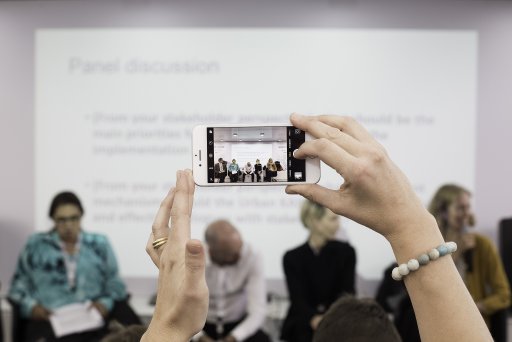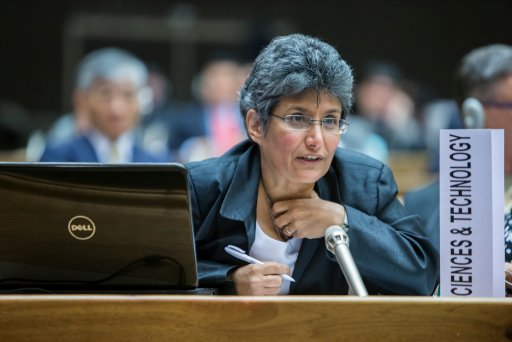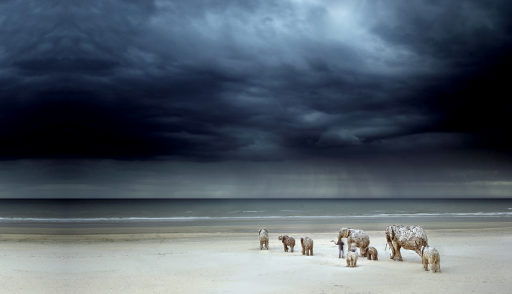Scientists and researchers increasingly value science fiction for its contributions to anticipating future scenarios. As part of its mission to explore the directions in which changes in science and science systems are leading us, the Centre for Science Futures sat down with six leading science fiction authors to gather their perspectives on how science can meet the many societal challenges we will face in the next decades. The podcast is in partnership with Nature.
The second episode features the Barbadian writer Karen Lord, whose latest book, The Blue, Beautiful World, was published in August 2023. We heard from her the lessons from the COVID pandemic, short-termism, and the power of literature to reach through time.
Karen Lord is an award-winning author of Redemption in Indigo, The Best of All Possible Worlds, and The Galaxy Game, and the editor of the anthology New Worlds, Old Ways: Speculative Tales from the Caribbean.
Subscribe and listen via your favourite platform
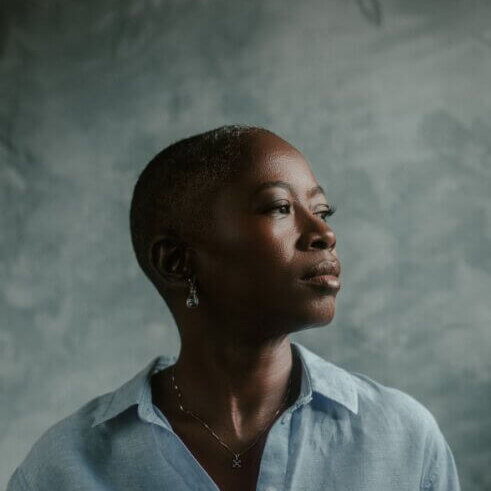
Karen Lord
Karen Lord is a writer renowned for her award-winning works including Redemption in Indigo, The Best of All Possible Worlds, and The Galaxy Game, she also serves as the editor of the anthology New Worlds, Old Ways: Speculative Tales from the Caribbean. Her most recent book, The Blue, Beautiful World, was published in August 2023. She is from Barbados, in the West Indies.
Transcript
Paul Shrivastava (00:03):
Hi, I’m Paul Shrivastava from the Pennsylvania State University. And in this podcast series, I’m speaking to some of today’s leading science fiction writers. I want to hear their views on the future of science, and how it must transform to meet the challenges we face in the years ahead.
Karen Lord (00:23):
What kind of structure do we have to build that’s about governance for the long-term?
Paul Shrivastava (00:29):
Today, I’m talking to Karen Lord, an award-winning Barbadian writer, whose latest novel, The Blue, Beautiful World, imagines the transformation of our world after first contact with aliens. Karen also writes on the sociology of religion, ethics and values. Our conversation touched on lessons from the COVID pandemic, short-termism, and the power of literature to reach through time. I hope you enjoy it.
Welcome, Karen. Thank you for being part of this project. Can you tell us a little bit more about your pathway and relationship with science and science fiction writing?
Karen Lord (01:16):
So I grew up with science fiction, I grew up enjoying science fiction. My undergrad was a science degree, but specifically, it was history of science and technology. And at that point, I realized, well, maybe I can combine the sciences and the arts. My first master’s was in science and technology policy. After that, I did in fact manage to work for a while in our Ministry of Foreign Affairs. So it gave me an awareness of how you have to move the knowledge of the lab to the implementation within the real world, as it were.
Paul Shrivastava (01:44):
You are sort of a rare person who had a science background and went into implementing science policies and engagement. But generally, it’s the politicians who get the results of science, and they forget about the ethical questions that the scientists might have struggled with. How do we get scientists to come out of their comfort zone, of doing the science, into the action zone, helping people like you who are in the bureaucracy or in the policy infrastructure?
Karen Lord (02:14):
So I’m going to push back a little bit against what you’re saying, because you’re almost making it sound that scientists are the good guys, and the politicians or the policy makers are the bad guys. But sometimes, it’s flipped. When you have a scientist, you have someone who is focused in a very particular field and may have a very narrow field of view, and may themselves be completely unaware as to how their discoveries can be expanded in ways that they may not have intended. So it’s definitely a conversation I think we need to be seeking. It’s a feedback in both directions.
Paul Shrivastava (02:46):
Yeah, I very much agree with you. I mean, we saw under COVID, at least in the United States’ context, science was very, in my view, clear about the need for vaccines. But the political discourse was not as clear, and there is this question of what we can learn from these crises and health events. And you’ve dealt with this in your books. The Plague Doctors was very prophetic. I mean, it sort of precast what happened in COVID. Tell us a little bit more about that work.
Karen Lord (03:17):
So The Plague Doctors, okay. That was a story that I wrote for an anthology about the future of health, by the Robert Wood Johnson Foundation. And at the time that I wrote it, I drafted it, it was about mid-2019, so we hadn’t heard of COVID yet. But I was fortunate in that I did have a colleague who, he is a doctor, and I could go to him and say, I want a pathogen that does this because I want to have these effects in my narrative. So, you know, it’s not a virus in this story, it’s actually bacteria. It works in a kind of a two-phase way, where there’s a mild phase and then a critical phase. Because this was set slightly in the future, and I wanted to make it seem as if there had to be something that lulled us into a sense of false security before our health systems were suddenly overwhelmed, and then everything start to crash.
I realize now looking back, that I was a little too sanguine about how quickly people’s health systems could be overwhelmed. Even for something that’s not as sneaky as what I wrote about, there were still ways in which we just were not prepared for the scale.
Paul Shrivastava (04:21):
I want to push a little bit deeper into it in terms of lessons that we have not learned as a result of COVID. You go back now three years later, and the infrastructure has not evolved that much. We’ve moved on to the next crisis. So how do we learn the lesson?
Karen Lord (04:41):
We basically have a situation, so many countries where a political term is four to five years. And I think that you do have an ethos of short-term thinking, but you’re not coming across people who are thinking, like, what do I need to put in place that’s useful for the country 50 years from now? What kind of structure do we have to build that’s about governance for the long-term, that looks at things much further down the line, that looks at what we need to do to maintain it?
You know, none of these things are easy answers, but I do like to think that they become a little easier if we come from a set of foundational principles. I’m using the term principle almost in a scientific sense now, not in a moral sense, not in a value-oriented sense. You don’t even have to attach a sense of altruism to it. It can really just be a case of, how do we make things more comfortable for everybody 100 years from now?
Paul Shrivastava (05:38):
Yeah, that’s interesting. You brought out 50-years, 100-year time horizons. Even those are short compared to geological times that we are now starting to think about, the Anthropocene. So does science fiction have a role in kind of rethinking the time horizons that we live in?
Karen Lord (06:00):
Well, science fiction’s been doing that for a very long time. We’ve always had, both for our near future, for our future, alien civilizations in the far distance, thought experiments of what it could be like, what it should be like.
One of the things that impresses me about literature, whether it is science fiction or poetry or anything, is that it is our one form of communication across the generations. I can pick up something that someone has written 200 years before, 500 years before, and it gives me a glimpse into what their hopes and fears for the future might’ve been. Sometimes, the mere fact of that is enough to shift the needle in your own head and think, well, if words can last this long, if words can have meaning this far from the originator, then what other things should I be looking at that also should have meaning further on from where I am right now?
Paul Shrivastava (06:54):
I wonder what your thoughts are about how we might use science to come up with more egalitarian and more common-purpose set of motivations to pursue rather than letting one big system run away with them.
Karen Lord (07:12):
So for a lot of people, science fiction is literally about the hard sciences. It’s about, you know, let me imagine this technology and how it improves things. And it’s always wrapped up with physics and astronomy. But there’s another branch of science fiction, which is the more sociological science fiction. And it looks at “How do societies operate?”, “How can politics evolve?”, “How can governance evolve?” Many of my colleagues, now in the present day, who are also looking at that, you will find them feeding into their world, building this whole idea of how do we as human beings change, and grow and evolve. And in terms of our collective action, there’s something quite amazing to be said about imagining other ways of being as a people.
Paul Shrivastava (07:54):
Right, that is wonderful. And your past novel, The Best of All Possible Worlds. is concerned about preservation of cultures and heritage, while your most recent publication, The Blue, Beautiful World, deals with transformation of our world with first contact with aliens. And it seems to me that there is a kind of natural tension between preservation and transformation.
Karen Lord (08:20):
Absolutely. Because even the things that we think of as our present culture and tradition are in a sense crafted. I remember still how shocked I was when I was first informed that the Scottish tartans that you see today were very much a kind of a late invention, which was… it was not as authentic as people would like to think. And I began to examine more and more the kind of the mythos that we create, especially around cultures, and countries and peoples. I begin to understand now that this is another form of storytelling, making a meaning out of something, making a pattern out of something.
But as you said, there’s the preservation of that, but then there’s a transformation where you kind of let go of things that don’t serve you anymore and take on new things that are a better service to you. So the human mind is incredible at just taking these things and making myths out of them. And I think that it is both a collective action and it’s also maybe a bit of a personal action. And I just want people to be aware of what they’re doing so that we don’t hold on too tightly to some of the things that we think of as our original culture, but which as I said, maybe made up just barely 50 or 100 years prior. And also be aware that some of the new things that are coming are not things that are going to destroy us or not things that are going to change us beyond recognition, but could be a very natural evolution, a very useful evolution into our next stage.
Paul Shrivastava (09:53):
So I want to go to another piece of this science and society engagement, which I have noticed in your work, particularly. Most of science today is highly specialized with the professional scientists who will carry out most of the work, they’re highly trained. In your work, protagonists also carry major responsibilities in responding to major transformations in face of crises or otherwise. And now that we talked earlier about COVID, and we are living in the time of what’s called polycrises, in the coming crises, we will have to work with science. Everybody will have to work together. So what thoughts do you have on engagement of people and communities in science?
Karen Lord (10:37):
The moment you said that, I kind of flash forward to… Well, we’re recording a podcast right now. And once upon a time, podcasts did not exist. Say, the Victorian age or whatever, where there was always a kind of a money or a class element to how well you could hope to be educated. But the podcast, basically, you need a device that will be able to broadcast it, and the podcast itself is free. People can share their enthusiasms. They can be like, look at this really cool thing! And frankly, I think that human society is built on the statement, look at this really cool thing, and see if you like it as much as I do.
So I feel as if we have all these new tools, we have all these new modes, and it’s just keeping the conversation going whichever way we can, because that is our human condition. We always want to talk about our cool stuff, we always want to hear what people are thinking about it.
Paul Shrivastava (11:33):
My query over here is about this engagement between communities and science to co-produce knowledge in ways that it becomes more useful. In fact, I think of science fiction as a transdisciplinary endeavor. You’re taking the whole scientific, natural and social sciences and making an amalgam. You might not call it transdisciplinary. But I would like to hear your thoughts on the possibilities for more this kind of engaged action.
Karen Lord (12:03):
I love the concept of a sabbatical, not just like a year long sabbatical, but even shorter times where people are encouraged to go out into the field especially. Or just go and see, OK, here’s what you research. Here’s an actual program that takes you on a tour of this is where this has been implemented, this is where this is actually doing some good or causing some problems. So you can, in fact, create a situation where you almost introduce a fieldwork type component that is still adjacent to your field and can hopefully broaden the mind of people a bit as they leave the very specific thing they’re doing and then go out to see some of the real world effects.
Karen Lord (12:48):
When I started off as a writer, which is a little more than 10 years ago, I had an idea as to what the life of a writer would be like. And I’m happy to say that my expectations are being subverted almost every day. I would never have expected that I would’ve been on a podcast like this, especially from Barbados. Just ways in which people are willing to speak to science fiction writers. It’s not just like a casual interview. We’re getting this from people who are very much involved in policy, very much involved in the science. They are listening to us. They’re curious about what we see, what the possibilities are. I didn’t even know this was possible. And I’m fascinated by it. And I’m wondering to what extent other people in other jobs can see that same kind of evolution, where you’re always willing to learn, to change, to adapt and to be aware that you can step out of what you thought the boundaries were of what you were going to do or what you were meant to do.
Paul Shrivastava (13:55):
Thank you for listening to this podcast from the International Science Council’s Centre for Science Futures done in partnership with the Arthur C. Clarke Center for Human Imagination at UC San Diego Visit futures.council.science to discover more work by the Centre for Science Futures. It focuses on emerging trends in science and research systems and provides options and tools to make better informed decisions.
Paul Shrivastava, Professor of Management and Organizations at Pennsylvania State University, hosted the podcast series. He specialises in the implementation of Sustainable Development Goals. The podcast is also done in collaboration with the Arthur C. Clarke Center for Human Imagination at the University of California, San Diego.
The project was overseen by Mathieu Denis and carried by Dong Liu, from the Centre for Science Futures, the ISC’s think tank.
Photo de Aron Visuals sur Unsplash.
Disclaimer
The information, opinions and recommendations presented in this article are those of the individual contributors, and do not necessarily reflect the values and beliefs of the International Science Council.

